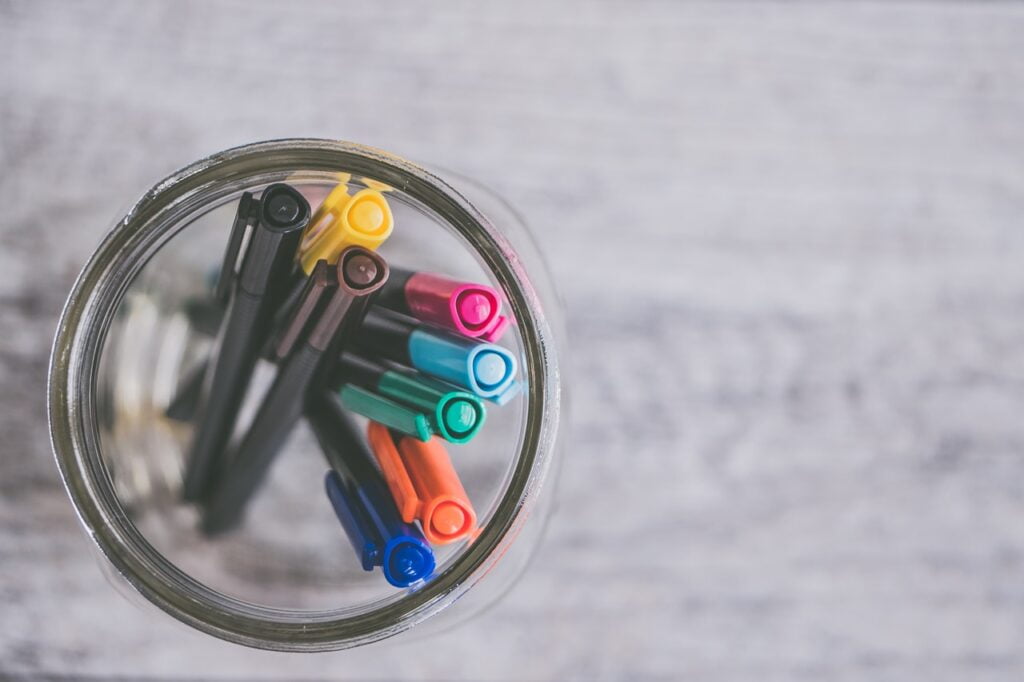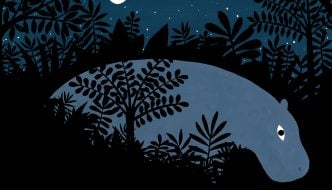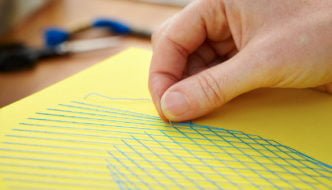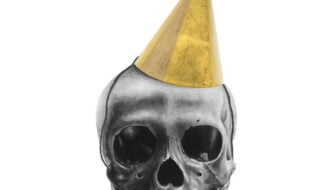
Amidst the numerous and infamous ‘trends’ of the first lockdown – featuring the likes of banana bread and head shaving – I noticed another, perhaps unexpected one amongst my friends and peers. As houses were flooded with a plethora of Amazon packages, most of whose contents never saw daylight, colouring books were set upon with all the enthusiasm of hungry dogs. Given that many people in their day-to-day lives would not describe themselves as artistic or creative, this trend initially seemed surprising.
However, perhaps being actively creative is one of the most natural and obvious things to turn to during times of uncertainty and stress. The benefit of creative expression on mental health and psychological disorders has been well researched and is becoming increasingly recognised in the field of psychology.
Art Therapy has become more widely practiced in recent years and is believed to help treat conditions such as depression, eating disorders, schizophrenia and dementia. It allows one to focus on simply creating for creativity’s sake, and momentarily disregard the pressures and anxieties of everyday life by allowing oneself to focus on simple, physical expression.
I believe that everyone can find a creative outlet which resonates with them and which they can enjoy. Whether this be creating through paint, carpentry, knitting, making music, writing, or making life size copies of Nelson’s column, there’s a whole world of creative expression to be explored.
My personal experience is that I have instinctively turned to creativity as a form of meditation and stress relief during times of turmoil and uncertainty – including during this pandemic. My most recognizable experience of this, however, came following the death of my father in 2016 – when shapeless weeks flew by in a blurry flurry. The only thing I can say with certainty that I did during this time was to draw and paint. Interestingly, and perhaps unexpectedly, a lot of my pieces from that time are uninspiring portraits of musicians and people from my imagination, few of them are hugely expressive or interpretive pieces. This strikes me now that it didn’t matter at the time what I was creating, only that I was creating. I think this emphasises how integral the physical aspect and act of creating is to bringing this release and sanctuary.
So often in our world, art is only deemed to have worth if it’s aesthetically pleasing or interesting. This completely disregards the creative process behind the creation which can arguably be of more importance. Some of the most ‘average’ pieces that I have created evoke much more meaning and gravity for me on reflection than my most beautiful ones and I’m sure the same is true for many others.
It seems this fact is inextricably tied up with the space and meditative state that creating gives me, which I can appreciate and relate to when looking at my work from after my father’s death and other times of uncertainty and loss.
The old cliché “the journey is more important than the destination” lives on. This isn’t to say that creating beautiful and expressive pieces of art isn’t rewarding and desirable as well, but to appeal to the idea that creations don’t need to be ‘good’ in order to have intrinsic value as powerful forms of expression and release.
There are, of course, many other effective and physical ways that people deal with stress, uncertainty, and loss – such as exercise – but creativity is different in that the physical result of the process is highly personal, inspired by and takes on shape through one’s own imagination and experience.
Creative outlets are unique ways of recording and noting moments and times in one’s life. They allow a person to connect with and understand their past self in a way that memory and existence alone cannot – they are physical and immortal representations of emotions and memory. As the architect Le Corbusier said “Once things have entered via the labour of the pencil, they remain part of one for life: recorded, inscribed”.
So, whether you believe yourself to be ‘uncreative’, or you are an established artist, I believe every person should experiment with the creativity that we all innately have as a way of coping with stress and as a way of expression – it really is as simple as putting pen to paper.
Filed under: Community
Tagged with: art, artist, artwork, covid, creativity, experience, expression, pandemic, release, stress, therapy



Comments